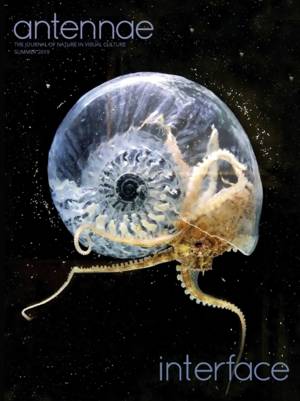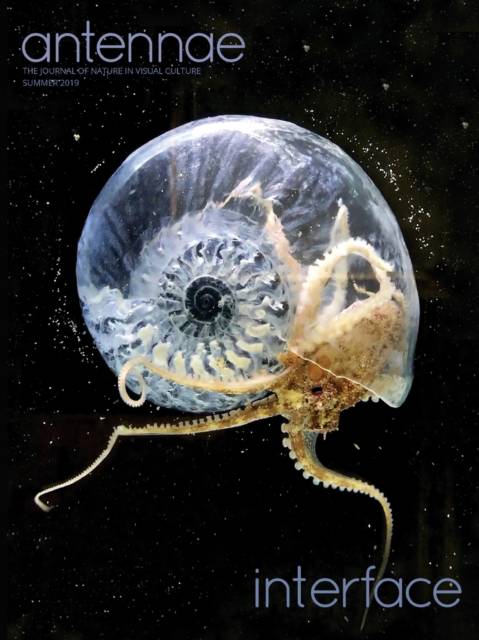
- Retrait gratuit dans votre magasin Club
- 7.000.000 titres dans notre catalogue
- Payer en toute sécurité
- Toujours un magasin près de chez vous
- Retrait gratuit dans votre magasin Club
- 7.000.0000 titres dans notre catalogue
- Payer en toute sécurité
- Toujours un magasin près de chez vous
Description
The interface emerges as an agentially charged field--it reveals itself as a productive material dimension through which our thinking, questions, and assumptions are formed, mapped, shaped, and tested. From this perspective, the interface manifests itself as an artistic material-surface--a creative and reactive field through which we modulate the bandwidth of a perceptual gap--the poetic and philosophical distance between us and the actants and systems we study. Because of its inherent agential potential, the interface is also prone to become an ethical battlefield. Strindberg constructed his own pinhole cameras because, in his view, lenses distorted the world.
Spécifications
Parties prenantes
- Auteur(s) :
- Editeur:
Contenu
- Nombre de pages :
- 238
- Langue:
- Anglais
- Collection :
- Tome:
- n° 48
Caractéristiques
- EAN:
- 9780795659652
- Date de parution :
- 09-09-19
- Format:
- Livre broché
- Format numérique:
- Trade paperback (VS)
- Dimensions :
- 210 mm x 279 mm
- Poids :
- 730 g

Les avis
Nous publions uniquement les avis qui respectent les conditions requises. Consultez nos conditions pour les avis.






